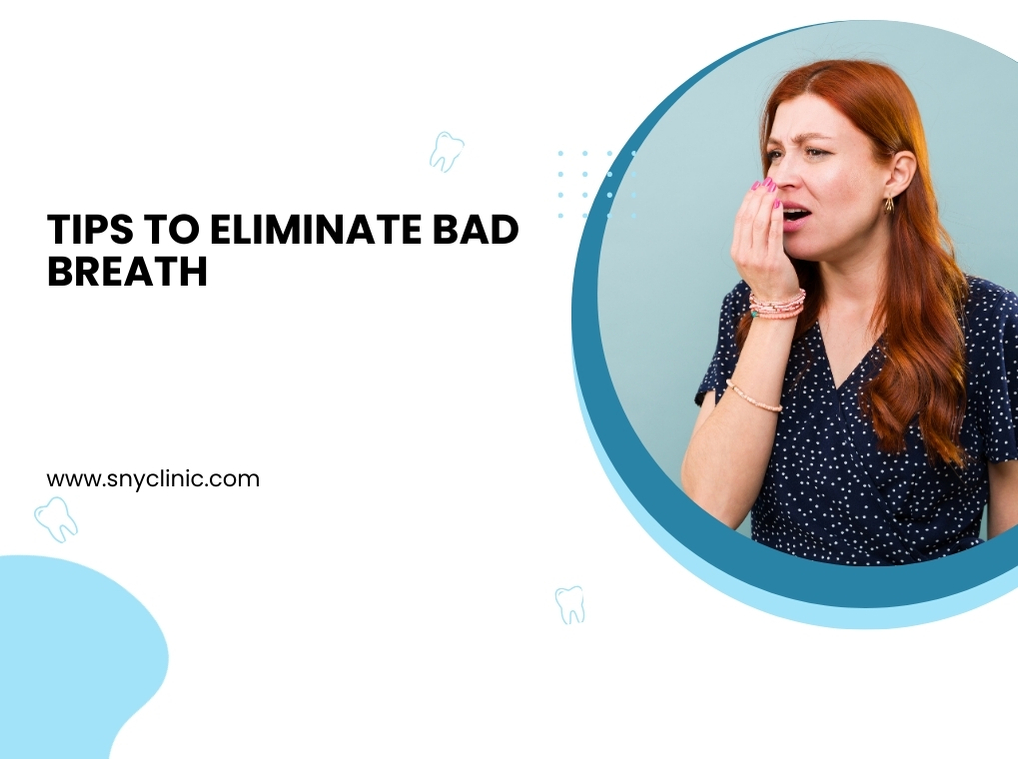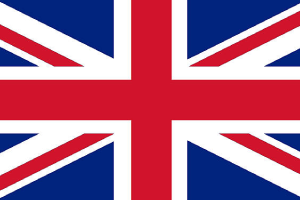
Tips to Eliminate Bad Breath
Tips to Eliminate Bad Breath
Bad breath, also known as halitosis, is one of the most common problems that directly affect a person’s social life. Although it often results from simple causes, persistent bad breath may indicate serious oral and dental health issues. With small precautions you can take in daily life, it is possible to significantly reduce this problem. Here are some effective tips to eliminate bad breath:
1. Brush Your Teeth and Clean Your Tongue Regularly
The main cause of bad breath is bacteria that accumulate on the surface of the teeth and tongue. Brushing your teeth at least twice a day greatly reduces bacterial buildup in the mouth. It is not enough to focus only on the teeth; the tongue must also be cleaned. For this, you can use a toothbrush or special tongue scrapers.
2. Use Dental Floss and Mouthwash
Brushing alone is not enough for complete oral hygiene, as food particles stuck between the teeth can eventually cause bad odor. Regular flossing removes these particles. In addition, antiseptic mouthwashes not only reduce bad breath but also prevent bacterial growth.
3. Drink Enough Water Throughout the Day
Saliva is a vital secretion that helps maintain the bacterial balance in the mouth and acts as a natural protector. When not enough water is consumed, the mouth becomes dry, and bad breath increases. Therefore, it is important to drink sufficient water during the day. Drinking water after consuming coffee, tea, or alcohol is particularly beneficial.
4. Review Your Eating Habits
Onions, garlic, and spicy foods leave a lasting odor in the breath. Limiting the consumption of such foods can help control bad breath. Eating fresh vegetables, hard fruits like apples, and probiotic foods is more beneficial for oral and gum health.
5. Stay Away from Smoking and Alcohol
Smoking not only causes yellowing of the teeth but also results in persistent bad breath. Alcohol consumption reduces saliva production, leading to dry mouth. To maintain oral health and have fresh breath, it is important to avoid these habits.
6. Do Not Neglect Regular Dental Check-Ups
Bad breath is not always caused by poor oral hygiene; tooth decay, gum diseases, or stomach-related health problems may also contribute to the issue. Visiting the dentist regularly ensures early detection of such problems and makes treatment easier.
7. Try Natural Remedies
Chewing parsley, mint leaves, or cloves can provide temporary freshness in the breath. Using sugar-free gum also stimulates saliva production and helps reduce bad breath. However, it is important to remember that these methods only offer short-term relief, and regular oral care is necessary for a permanent solution.
Bad breath can largely be prevented with simple lifestyle changes and regular oral hygiene. Brushing your teeth twice a day, drinking plenty of water, eating healthy, and not neglecting dental check-ups can eliminate this problem. If bad breath persists despite all precautions, professional examination is a must.
Remember: a healthy mouth is not only the key to fresh breath but also to overall health.




